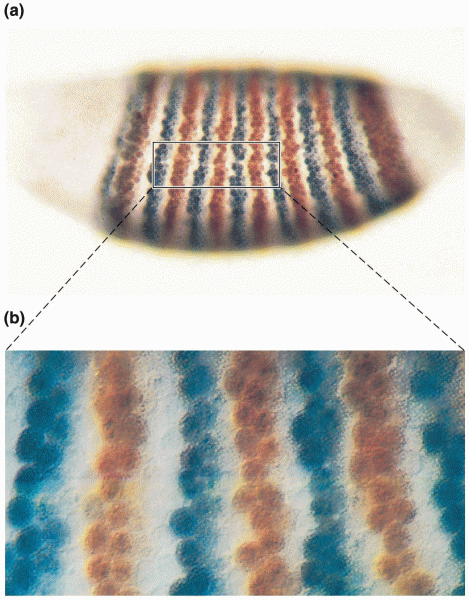Answer to Question 1
Many nutrients and phytochemicals regulate gene expression and influence health through their involvement in DNA methylation. Some, such as folate, silence genes and protect against some cancers by increasing methylation. Others, such as a phytochemical found in green tea, activate genes and protect against some cancers by inhibiting methylation activity. Whether silencing or activating a gene is beneficial or harmful depends on what the gene does. Silencing a gene that stimulates cancer growth, for example, would be beneficial, but silencing a gene that suppresses cancer growth would be harmful. Similarly, activating a gene that defends against obesity would be beneficial, but activating a gene that promotes obesity would be harmful. Much research is under way to determine which nutrients activate or silence which genes. Such knowledge is expected to help researchers reverse the epigenetic changes that lead to cancer. Similarly, researchers exploring how kcalorie-restricted diets influence DNA methylation are gaining new insights on the regulation of appetite and the metabolism of weight loss.
Answer to Question 2
Single amino acids do not occur naturally in foods and offer no benefit to the body; in fact, they may be harmful. The body was not de- signed to handle the high concentrations and unusual combinations of amino acids found in supplements. Large doses of amino acids cause diarrhea. An excess of one amino acid can create such a demand for a carrier that it limits the absorption of another amino acid, presenting the possibility of a deficiency. Those amino acids winning the competition enter in excess, creating the possibility of toxicity. Anyone considering taking amino acid supplements should be cautious not to exceed levels normally found in foods.
Most healthy athletes eating well-balanced diets do not need amino acid supplements. Advertisers point to research that identifies the branched-chain amino acids as the main ones used as fuel by exercising muscles. What the ads leave out is that compared to glucose and fatty acids, branched-chain amino acids provide very little fuel and that ordinary foods provide them in abundance anyway. Large doses of branched-chain amino acids can raise plasma ammonia concentrations, which can be toxic to the brain. Branched-chain amino acid supplements may be beneficial in conditions such as liver disease, but otherwise, they are not routinely recommended.







